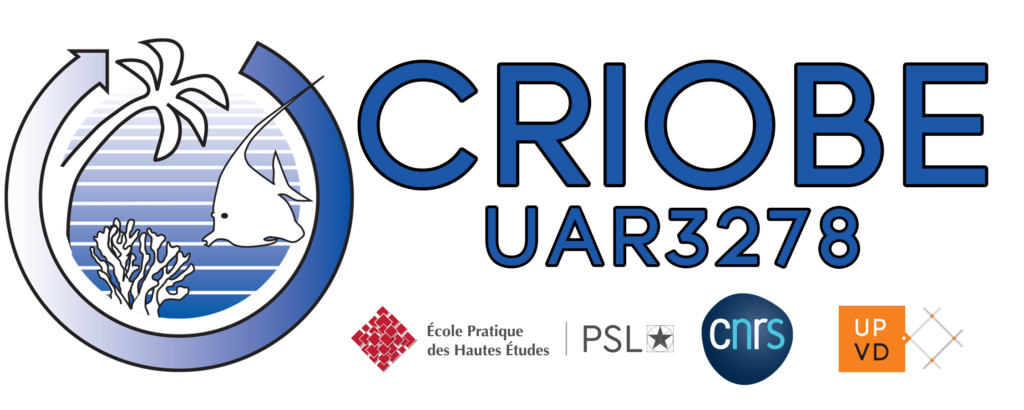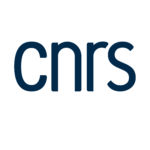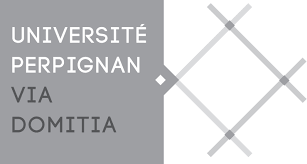About us
In a glance
The CRIOBE laboratory is a research support unit bringing together nearly 90 people, including university professors, researchers, and technical and administrative staff from three of the largest research institutions in France: the École Pratique des Hautes Etudes (EPHE), the French National Center for Scientific Research (CNRS), and the University of Perpignan Via Domitia (UPVD). The laboratory is part of the prestigious PSL University.
Facilities at CRIOBE are spread over two main campuses: the University of Perpignan (UPVD) in the south of France and the CRIOBE Research Station located on the island of Moorea, French Polynesia. The unit also has an office at the Maison des Océans in Paris, France.
Our History
Creation of the MUSEUM-EPHE branch in Tiahura
The current research group stems from the emergence in the early 1970s of a research team from the École Pratique des Hautes Études (EPHE) and the National Museum of Natural History (MNHN).
Installation in ‘Opunohu bay
Creation of the Island Research Center and Environmental Observatory.
Creation of URA 1453 CNRS – EPHE
The research activity on coral reefs carried out over the years earned it recognition by the French National Center for Scientific Research (CNRS) in 1991.
Creation of USR 3278 EPHE-CNRS
The USR 3278 Services and Research Unit was founded to develop French research on coral reefs.
UPVD joint affiliation
The UPVD becomes an additional institutional partner of the CRIOBE through the integration of the host team "Laboratory of Chemistry of Biomolecules and the Environment" of the UPVD.
New five-year program
Start of the new five-year program “Coral Reefs of Tomorrow”.
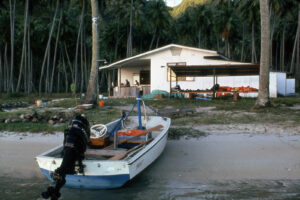
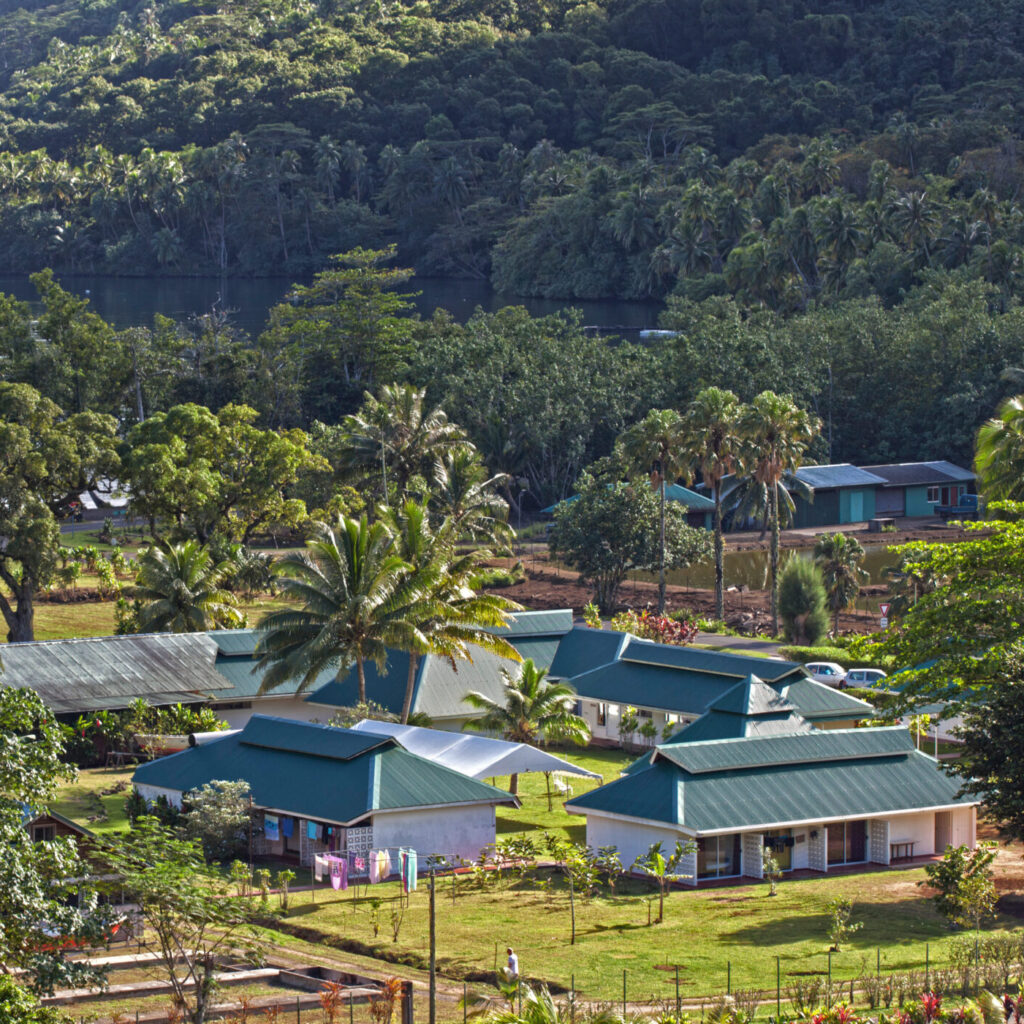
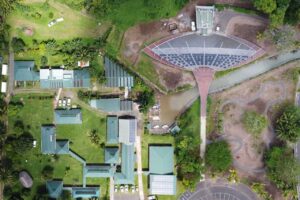
Strategic programs
The research conducted by CRIOBE is structured around four major strategic research programs.
Studying the interactions and chemical communication among coral reef organisms to better understand the role that chemicals and olfactory components play in the structure and function of coral reefs, as well as the impact of environmental changes on chemical processes. Learn more
Describing, understanding and anticipating the changes that reef organisms will face in the coming years for scientifically-sound conservation management, restoration, and coastal planning decisions. Learn more
Understanding the local and global factors that enable coral reefs to provide vital services to humans, assessing their vulnerability to anthropogenic and climatic pressures, and studying their resilience capacity. Learn more
Improving our understanding of the key drivers and most influential internal linkages at play within coral reef social ecosystems in order to lay the foundation for effective decision-making. Learn more
Activity reports - OFAI
OFAI 20 – CRIOBE 2010/2011
OFAI 19 – CRIOBE 2008/2009
OFAI 18 – CRIOBE 2006/2007
OFAI 17 – CRIOBE 2004/2005
OFAI 16 – CRIOBE 2002/2003
OFAI 15 – CRIOBE 2000/2001
OFAI 14 – CRIOBE 1998/1999
OFAI 13 – CRIOBE 1996/1997
OFAI 12 – CRIOBE 1995
OFAI 11 – CRIOBE 1994
OFAI 10 – CRIOBE décembre 1994
OFAI 9 – CRIOBE octobre 1994
OFAI 8 – CRIOBE février 1989
OFAI 7 – CRIOBE janvier 1987
OFAI 6 – CRIOBE janvier 1984
OFAI 5 – CRIOBE octobre 1983
OFAI 4 – CRIOBE février 1983
OFAI 3 – CRIOBE octobre 1982
OFAI 2 – CRIOBE juillet 1982
OFAI 1 – CRIOBE mars 1982
CRIOBE members work on three geographical sites. Two located in mainland France and one overseas.
The CRIOBE laboratory works at the local, national, and international levels and collaborates with various institutions and scientific organizations as part of its research and research training activities.
We welcome interns, PhD students, post-docs and researchers under contract for specific research projects, but also engineers and technicians.
CRIOBE, the first research center of excellence on coral reefs is celebrating its 50th anniversary!
